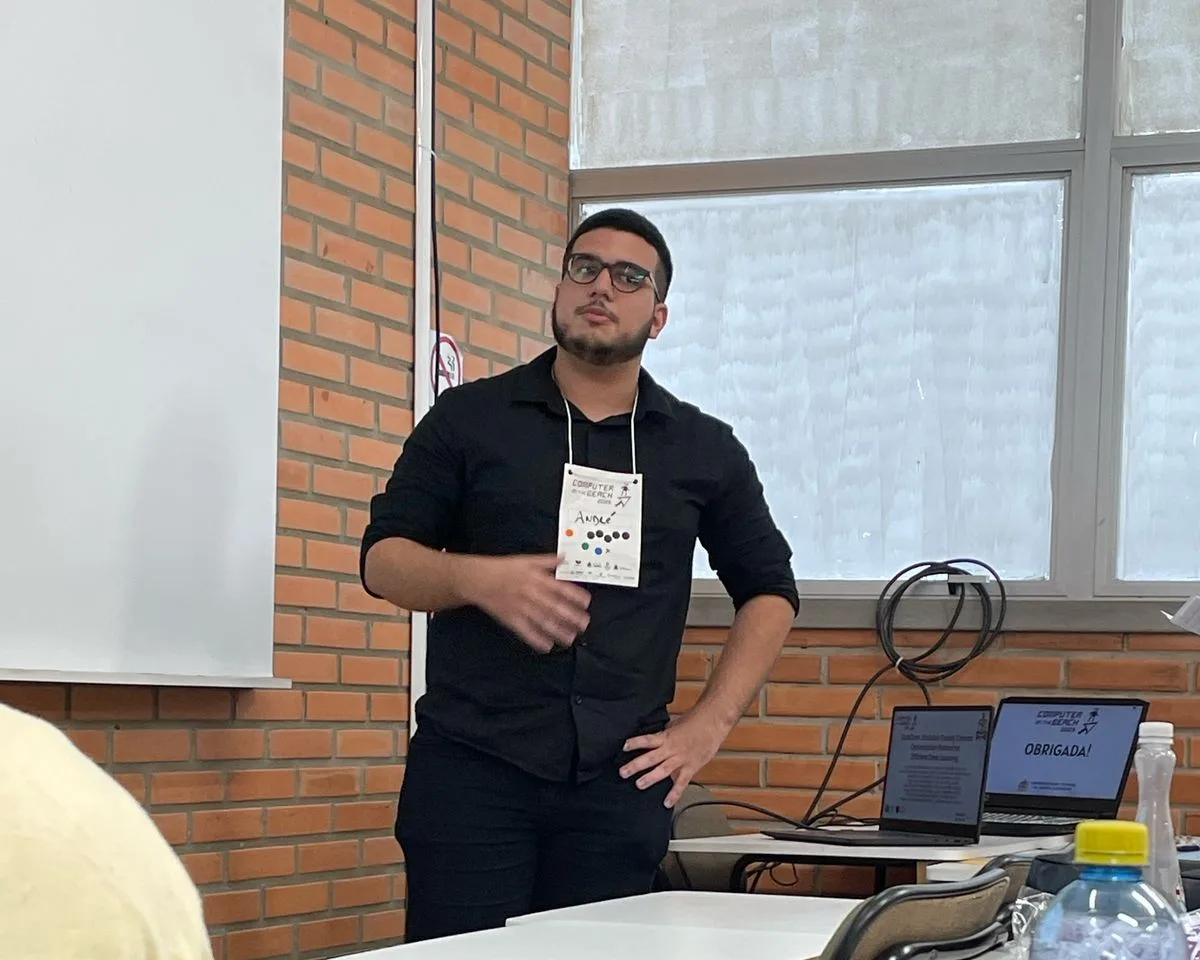The LIIS (Laboratory of Intelligent Interactive Systems) and LPO (Operational Research Laboratory) from the Federal University of Pará (UFPA) made their mark at Computer on the Beach, an event held in Itajaí (SC), by presenting the work “OptiCore: Scalable Greedy Coreset Optimization Method for Efficient Deep Learning”. Undergraduate student André Vinicius Neves Alves represented LIIS and LPO at the event, bringing to the academic and professional community an innovative proposal for dataset optimization in Deep Learning training. The research was developed in collaboration with the following authors: André Vinicius Neves Alves – Federal University of Pará (UFPA) Adriano Madureira dos Santos – Federal University of Pará (UFPA) Lyanh Vinicios Lopes Pinto – Federal University of Pará (UFPA) Flávio Rafael Trindade Moura – Federal University of Pará (UFPA) Marcos César da Rocha Seruffo – Federal University of Pará (UFPA) Saulo William da Silva Costa – Federal University of Pará (UFPA) Vitor Barbosa – Federal University of Pará (UFPA) Walter dos S. Oliveira Júnior – Federal University of Pará (INTECELERI/UFPA) Student André Vinicius Neves Alves The presented project proposes the OptiCore method, which employs a Greedy Coreset-based approach to reduce up to 90% of the size of large datasets without compromising the quality of the trained model. This innovation enables a drastic reduction in computational cost and is particularly relevant for applications in resource-constrained environments. In addition to the methodological proposal, the research introduced a new metric, the NRC (Normalized Relative Cost), which allows for a balanced evaluation of the computational efficiency of models trained with optimized datasets.
Exchange Program in Manaus Boosts Immersive Technologies in Education with Participation of LIIS.LPO
The exchange program held at the Amazonas State University – Normal School (UEA-ENS) has been driving the development of educational technologies based on virtual reality (VR) and augmented reality (AR). The initiative brings together students and professors from the fields of mathematics, languages, biology, and computer science, and also stands out for including a deaf student among the participants, reinforcing its commitment to diversity. Master’s student Leonardo Estevam Representing LIIS.LPO from the Federal University of Pará (UFPA), student Leonardo da Conceição Estevam was invited to participate in the exchange. With experience in applied computing, Leo has been training participants in the use of tools such as Unity and AR frameworks (ARKit/ARCore), as well as supporting the development of innovative educational prototypes. His presence symbolizes the integration between Amazonian institutions and the strengthening of academic collaboration networks. The project aims to foster the application of immersive technologies to make education more accessible, interactive, and efficient. One of the highlights among the participants is student Guylherme Branches, who is developing an augmented reality application focused on the fauna and flora of the Amazon rainforest, showcasing the potential of technology for environmental education. Student Guylherme Branches The exchange program, linked to the “School of the Future – Educational Innovation Hub of the Amazon,” has been fulfilling its role of promoting innovation, inclusion, and positive social impact in the region’s educational landscape. Class participating in the VR and AR course training, including professors and students from the areas of Mathematics, Literature, Biology, and Computer Science.


